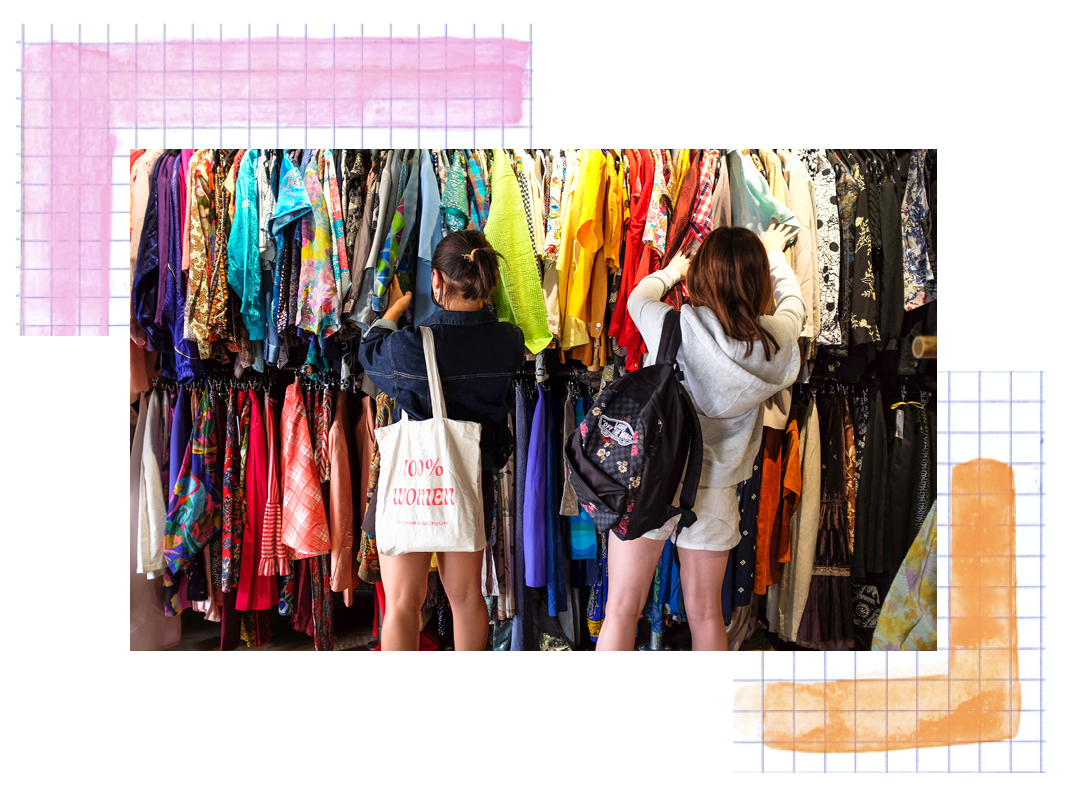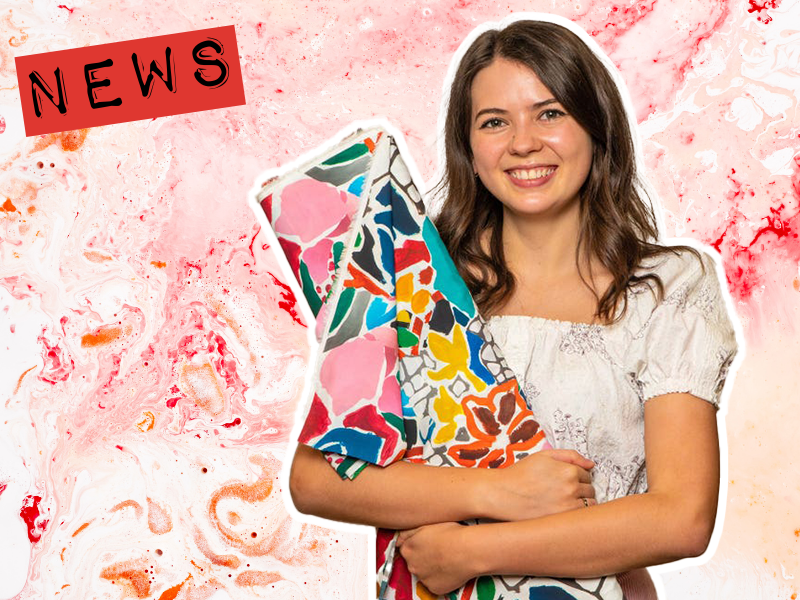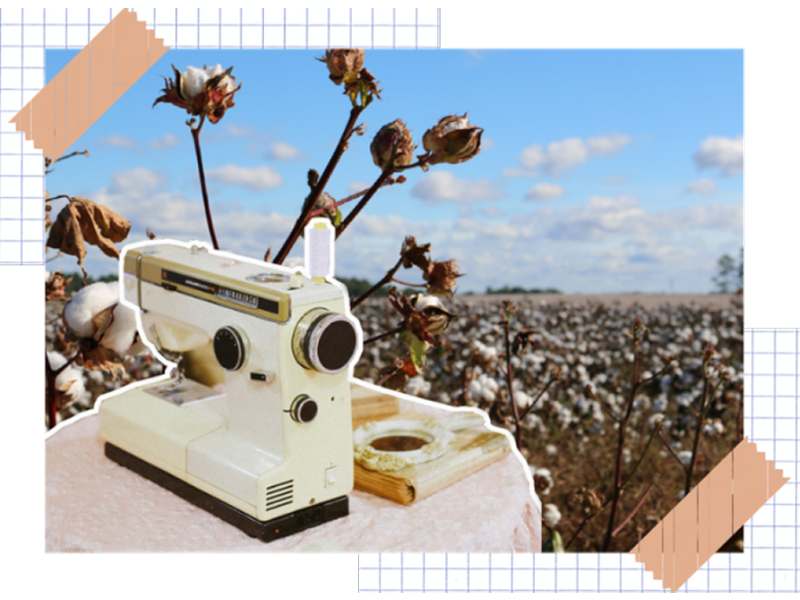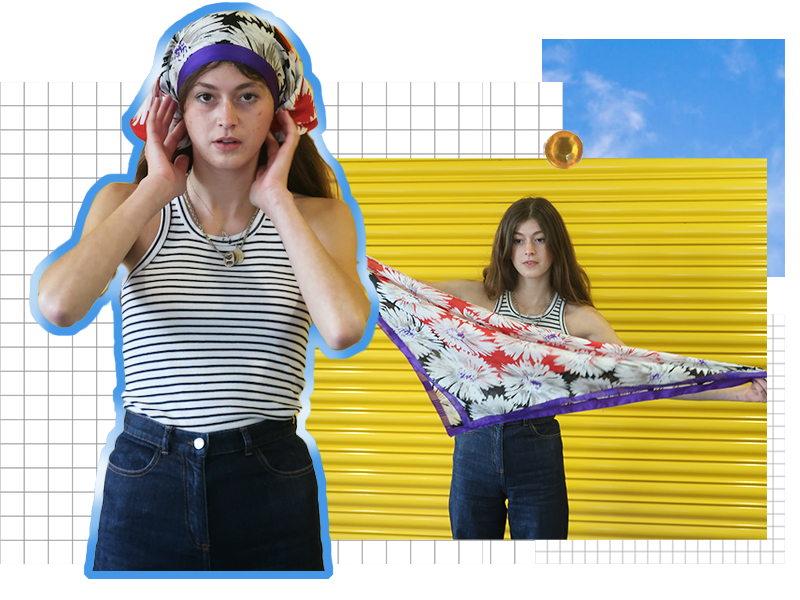There are so many fantastic fashion activists and organisations around the world working to make the industry a better, greener place. But where should you start? We’ve rounded up some of the most interesting.


There are so many fantastic fashion activists and organisations around the world working to make the industry a better, greener place. But where should you start? We’ve rounded up some of the most interesting.

Fast fashion sales are booming ahead of the long-awaited reopening of clubs and bars in the UK this July. Both Zara’s parent company and Boohoo have reported massive demand for clubbing outfits this May and June – blaming it on “post-lockdown shopping sprees”. With combined sales of over a billion, that’s a lot of new polyester.
But what if we told you you can keep up with this year’s fashion trends, without splashing out on all-new outfits? That’s right, it’s time to break out the scissors and sewing kit and get creative. Thanks to Boris, you’ve even got an extra month to get your sartorial Blue Peter on.

From the first week I moved to London, I’ve been obsessed with its plethora of charity shops. But one has always stood out: trendy, not too pretentious, cheap, cheerful, and filled to the brim with treasures. I rarely step out without a new gem (most recently, a pair of tomato-red vintage trousers).
I’m not alone in my devotion. It’s been a fixture across London for over 20 years, with 13 branches spread out across the capital, and you’ll find it listed on virtually every round up of the UK’s top charity shops for its wide-ranging selection of quality items. But it also stands out for its mission. TRAID isn’t just fixing fast fashion indirectly by providing a more sustainable way of shopping, but also tackling waste in the industry head-on.

Pic: PA Media, BBC/Love Productions/Mark Bourdillon
Serena Baker, 21, was crowned the winner of popular TV sewing competition the Great British Sewing Bee last night.
Baker, a medical student from Glasgow, is the youngest ever winner of the competition, which has been airing on BBC Two for seven series.

Pics: Radski Photography for THTC / Natasha Tonic / Hemp Eyewear
When Gav Lawson and his brother first found out about hemp at university, they knew they were on to something big. “We figured pretty soon the secret will get out – because the internet is just here, people are going to find out about it and it’s going to be a gamechanger. Which, you know, 20 years on, people are still like, ‘Is that weed? Is that okay?’
“So it’s been a gradual process,” he laughed.

Almost every day, it seems another big fast fashion brand like H&M, Zara or ASOS launches a ‘green’ collection. Often what sets these clothes apart is the materials used in their production: whether natural fibres like cotton or linen, or recycled textiles. But behind the stylish branding and feel-good vibes, many of these materials are not as eco-friendly as they appear. We’ve rounded up some of the most common offenders to look out for next time you shop new.

Just like trench coats, kitten heels, and cocktails with olive skewers, silk scarves always seemed a little out of reach for my unrefined tastes. Sure, my more sophisticated friends could handle accessories with a grown-up, polished allure – but I, with my band tees and oversized denim, could never.
It’s a prejudice I’ve held dear for years. But this summer, the silk (or at least silky) scarf in all its forms has taken over our Instagram feeds and the high street. Whether vintage Hermès, new-in Zara, or fished out of the charity shop bargain bin, all the cool girls and boys are draping themselves in one.

Ever put on an item of clothing and felt better? Clothes can have an instant effect on our mood. For an extreme example, look no further than the transgender person finally dressing in accordance with how they feel inside. But even everyday dressing-up has the power to make us feel important, included and interesting – or the opposite.

Almost half of women’s clothing for sale on UK fast fashion sites is made entirely from new plastics like polyester, nylon, elastane and acrylic, according to a new study.
Researchers from the RSA looked at over 10,000 “new in” items for sale on ASOS, Boohoo, Missguided and PrettyLittleThing in May, finding 49% were made completely from synthetic fibres derived from fossil fuels.